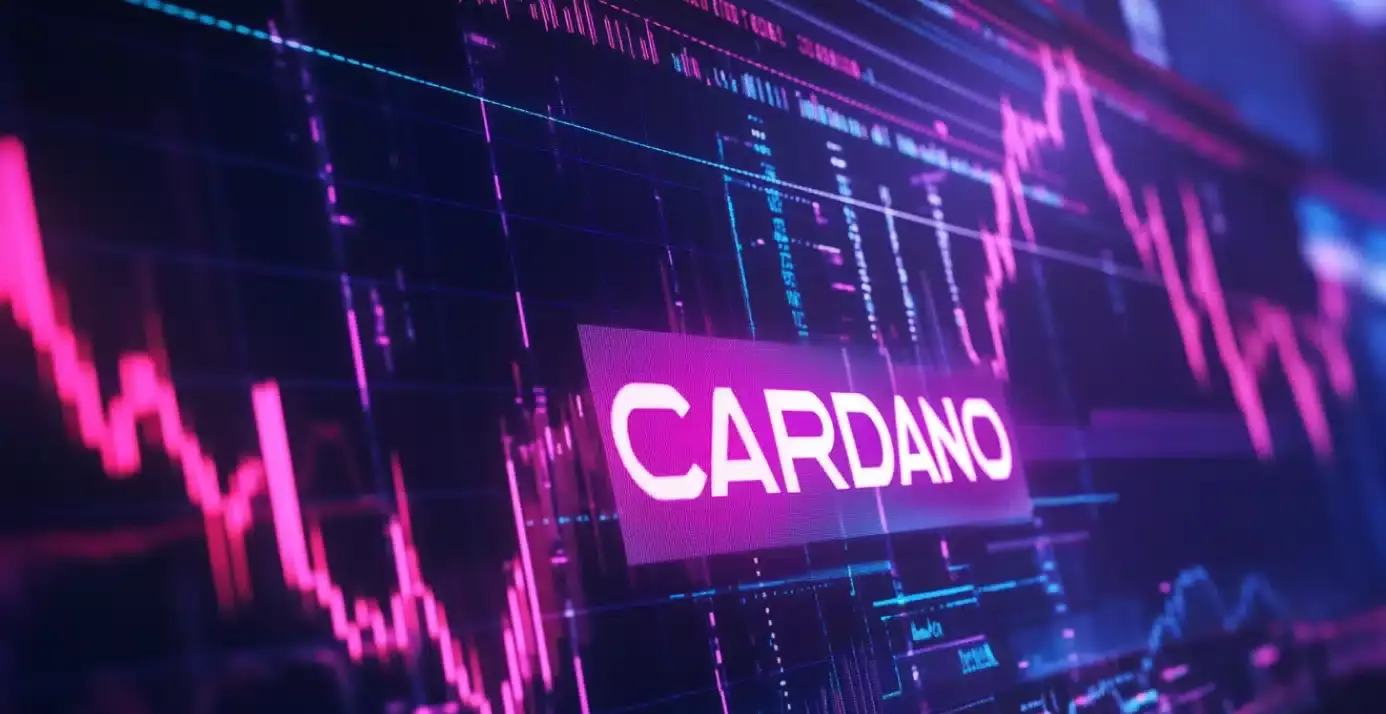The cryptocurrency landscape is vibrant and constantly evolving, and Grayscale’s recent filing for a spot Cardano (ADA) exchange-traded fund (ETF) marks a significant development in this arena. This filing represents the first attempt to bring Cardano into the mainstream U.S. investment ecosystem through a spot ETF, which traditionally provides a pathway for institutional investors to gain exposure to digital assets. The move signifies Grayscale’s ambitious strategy to diversify beyond its flagship Bitcoin (BTC) and Ethereum (ETH) investments, aiming to cater to a broader audience interested in altcoins.
As reported, Grayscale’s application is one of nearly 60 crypto ETF filings submitted this year alone, highlighting an unprecedented rush by asset managers towards getting regulatory approvals in a rapidly changing environment. The rising number of applications reflects a growing confidence in the potential of cryptocurrencies, particularly altcoins, to be recognized as legitimate investment vehicles. Analysts such as Eric Balchunas from Bloomberg emphasize the significance of these events, indicating a shift in institutional attitudes towards crypto assets, especially following changes in regulatory sentiment.
The Technicalities of ETF Approvals
The submission of a 19b-4 form is crucial for listing a new ETF, as it constitutes a formal request for a rule change, a procedural necessity in the ETF approval process. However, approval of the spot ETF itself is merely the first step; it must also secure an effective S-1 registration statement before trading can commence. This multi-step process underscores the complexities involved in bringing crypto ETFs to market. The anticipation surrounding ADA’s filing has already spurred a price increase, with the token’s value climbing nearly 11%, reaching $0.74, while still remaining well below its all-time peak of $3.10 from September 2021.
The surge in Cardano’s value reflects a broader market optimism towards altcoin ETFs, spurred by analysts projecting significant chances of approval for other cryptocurrencies such as Litecoin (LTC) and Solana (SOL). With estimations of a 90% probability for LTC and a 70% for SOL, investors are closely monitoring the upcoming deadline for decisions on these filings, set for early October. This encouraging outlook contrasts sharply with the prior cautious stance adopted by the SEC under former chair Gary Gensler, indicating a possible shift toward a more accommodating regulatory environment for cryptocurrencies.
The Future of Crypto ETFs
Market sentiments are gradually evolving, as evidenced by the more favorable odds assigned to potential ETF approvals for projects like Ripple (XRP) and Dogecoin (DOGE), estimated at 65% and 70% respectively. This change hints at a broader acceptance of cryptocurrencies within the financial sector, with institutional players increasingly interested in diversifying their portfolios. As the landscape shifts, the focus will likely remain on regulatory developments and their implications for digital assets, with Grayscale’s Cardano ETF filing standing out as a pivotal moment in fostering institutional access to the burgeoning world of cryptocurrencies. As the crypto market continues to mature, the outcomes of these ETF applications will be instrumental in determining future investment trends.


Leave a Reply